Dumoulin Group
Computational Cognitive Neuroscience & Neuroimaging

Computational Cognitive Neuroscience & Neuroimaging
The research of the Computational Cognitive Neuroscience & Neuroimaging group is centered on the intersection of human perception, cognition and neuroscience. The group is headed by Prof. Serge Dumoulin, together with the other principal investigators dr. Wietske van der Zwaag and dr. Tomas Knapen. In addition to our own research, we run the Spinoza Centre for Neuroimaging and support fundamental and clinical research programs in the fields of neuroscience and cognition but also facilitate clinical research programs in areas other than the brain.
Our ultimate goal is to understand how neural computations result in visual perception and cognition. We reconstruct perceptual representations of the human brain using behavior (psychophysics), computational models, neuroimaging (predominantly 7T MRI), and custom-built biologically-inspired data-analysis methods (for example the pRF method). Vision is the dominant sense in humans. However, we study the visual system not just for the sake of understanding vision itself, but also as a model for how the rest of the brain functions. In recent years, we extended the knowledge of the visual system to cognitive domains, such as attention and numerical cognition. Numerical cognition extends from the evolutionary preserved perception of quantity to uniquely human skills of numbers and mathematics. Besides fundamental neuroscience and cognition questions, we apply the knowledge to a variety of clinical, in particular ophthalmological and neurological, manifestations, with a specific interest in the plasticity and stability of the human brain.
To understand the human brain, we have to study the human brain. We develop and use a variety of neuroimaging techniques, with a particular focus on exploiting the power of ultra-high field MRI at 7 Tesla (7T) and computational neuroimaging. The use of 7T MRI allows us to study the human brain at unprecedented resolutions. We develop new data-acquisition tools to harness the unprecedented spatial and temporal resolutions, allowing us to uniquely image finely organized brain structures such as the cerebellum. In addition, we develop new data-analysis methods. These methods are unique because of their biologically-inspired perspectives and merge computational neuroscience and artificial intelligence approaches with neuroimaging. Both our data-acquisition and data-analysis methods are used in fundamental and clinical research programs at 50+ universities worldwide and have found applications in many other neuroscience topics and techniques.
For intern vacancies please see: https://www.spinozacentre.nl/opportunities/internships/
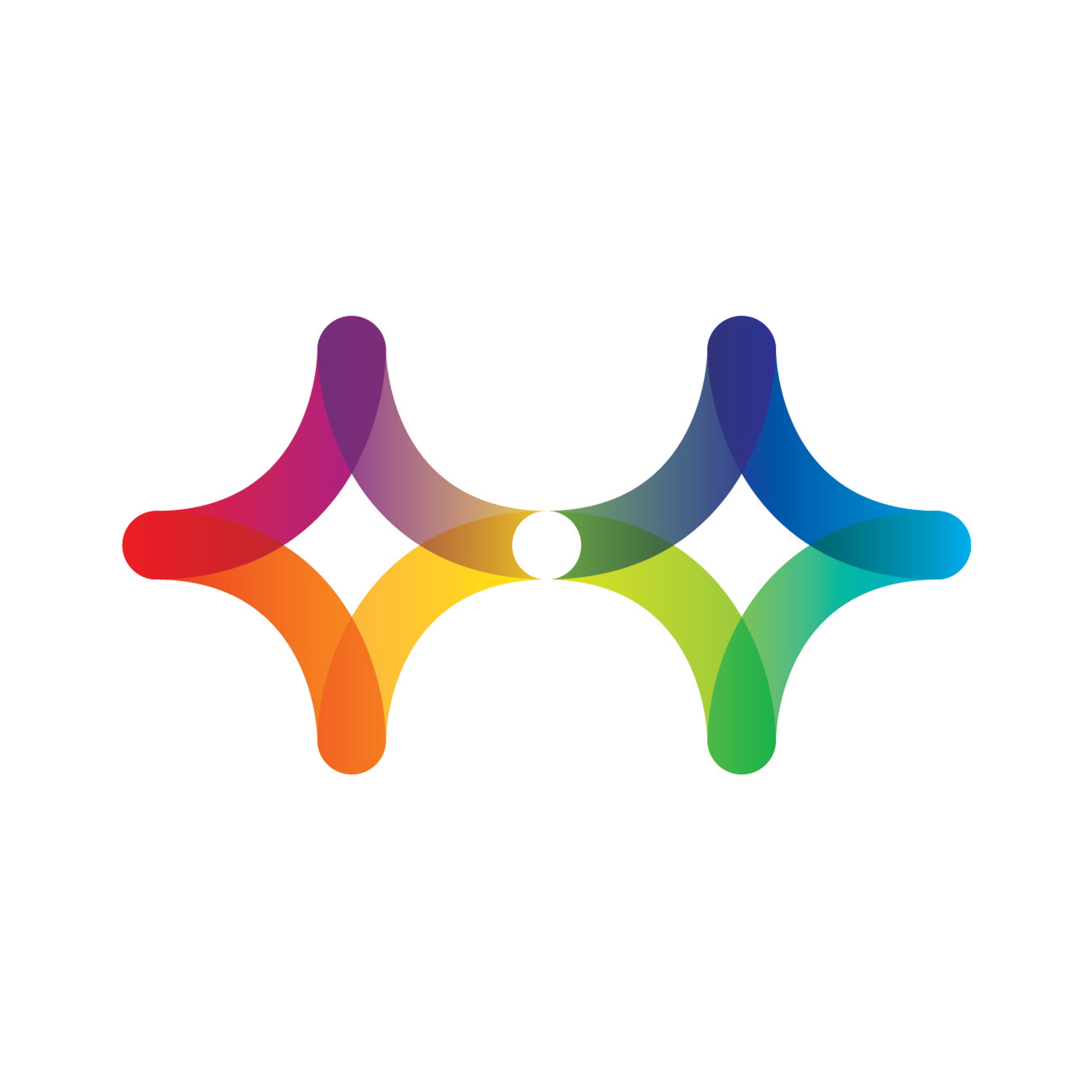
Postdoc
See profile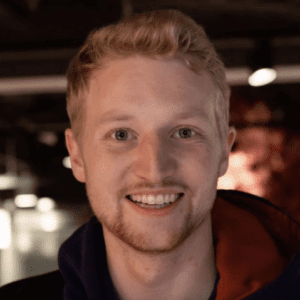
Staff
See profile
PhD student
See profile
Department head
See profile
PhD student
See profile
PhD student
See profile
Postdoc
See profile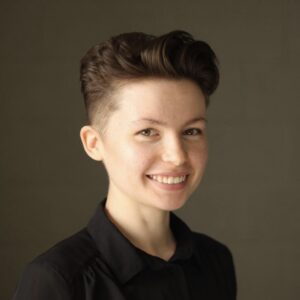
PhD student
See profile
PhD student
See profile
Postdoc
See profile
PhD student
See profile
Staff
See profile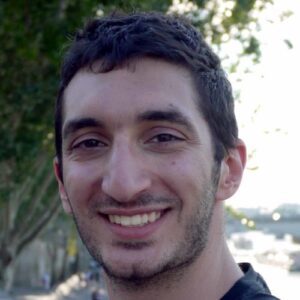
Postdoc
See profile
PhD student
See profile
Staff
See profile
Postdoc
See profile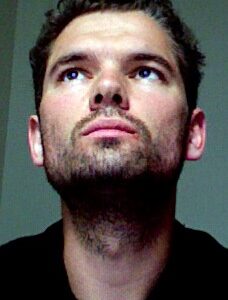
Staff
See profile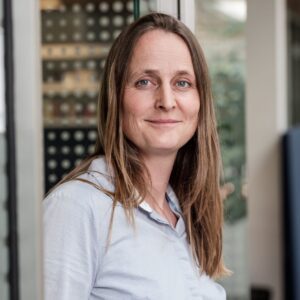
Staff
See profile
Student
See profile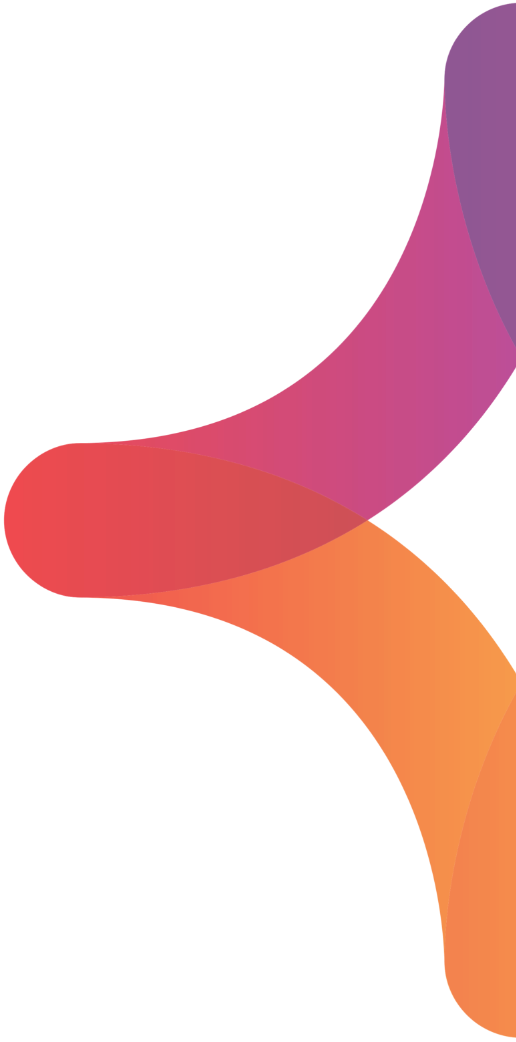
"*" indicates required fields
"*" indicates required fields
![]()
![]()
You can also transfer your contribution to NL76 INGB 0002 1673 78 in the name of ‘Stichting Vrienden van het Herseninstituut’
The Friends Foundation facilitates groundbreaking brain research. You can help us with that.
Support our work